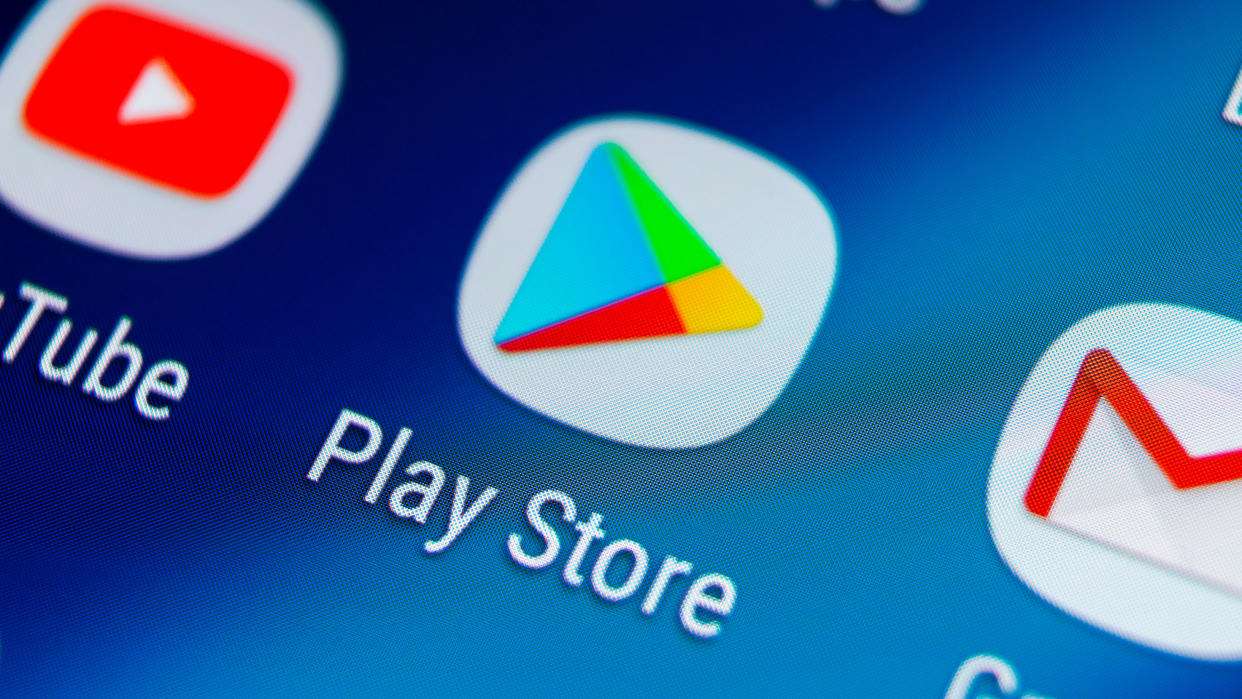Google Play Apps with 2 billion installs pose privacy risk — delete these right now

Google is always trying to keep malicious apps away from the Google Play Store, but with the more open nature of the company's app store, bad ones are bound to slip through the cracks. A whole series of malicious apps has made its way to Google Play with these 100 popular apps with more than 2 billion installs. If you have any of these apps, you need to get them off of your Android device as soon as you can.
One of the most dangerous types of apps is free VPNs, which maliciously target users. Top10VPN tested the 100 most popular free Android VPN apps in the Google Play Store, and unsurprisingly, few of them are legitimate.
The publication even offered an entire spreadsheet with every app tested and what version of the app it ran, so you can check what you're using on your phone and delete the free VPN if it's on your device. It even shows how many people have the app installed, and the numbers are truly staggering.
In total, these apps have a staggering 2.5 billion worldwide installs between them, so there are tons of users with these unscrupulous apps on their devices.
To test the free VPN apps, Top10VPN installed them on entry-level Samsung smartphones that had been stripped of all but the most basic stock apps. This allowed them to conduct a clean test and ensure that the free VPN apps were actually causing the issues.
There are almost no instances of a free VPN actually being legitimate, and when the offerings of a so-called free VPN sound too good to be true, they usually are.
Significant numbers of these VPN apps put our privacy and security at risk due to serious encryption failures and data leaks.
VPNs require a huge network of servers to route traffic through, and this costs a lot of money. Free VPNs don't offer this type of network out of the kindness of their hearts. Instead, they harvest your location, device information and other data to serve you ads. That's the best-case scenario that free VPNs offer. The much more unpleasant result is malware and stolen login credentials or private information.
Some interesting takeaways from Top10VPN's test include the fact that more than 10% of the apps "suffered encryption failures, ranging from total exposure of internet activity to leaking details of websites visited." Almost 90% of the apps "suffered some kind of leak, including 17 VPNs leaking more than DNS request data."
Those are some of the best situations you can have with these popular free VPN apps. The most scary bit of data is that "almost one in five (19%) of VPN apps tested were flagged as malware by anti-virus scanners."
In the end, if you're using a free VPN, you're rolling the dice. You should delete the app and get one of the best VPNs, which will offer all the features you need with much more security. If you do insist on using a free one, make sure to choose one of the best free VPN options on the market.


